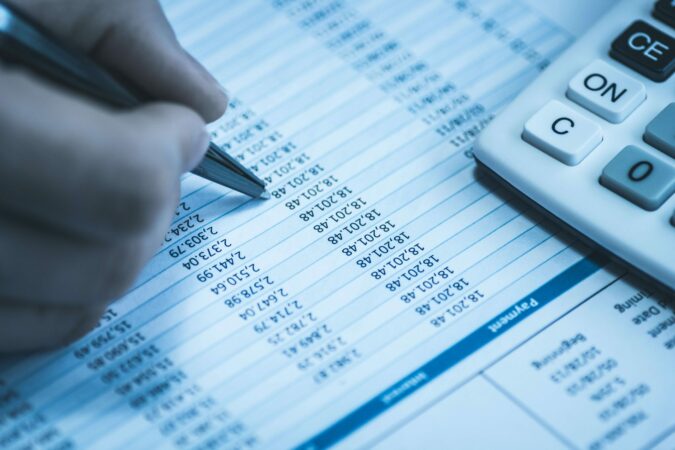
Most business and investment property placed in service after 1986 is depreciated using MACRS. However, you can deduct assessments for the purpose of maintenance or repairs or for the purpose of meeting interest charges related to the improvements. The following are settlement fees and closing costs you can’t include in your basis in the property. Generally, if you pay rent what is depreciable property for property, you can’t depreciate that property.
- Part of the improvements qualified for a $500 residential energy credit, which you claimed on a prior year tax return.
- Ellen includes $4,018 excess depreciation in her gross income for 2023.
- Larry must add an inclusion amount to gross income for 2023, the first tax year Larry’s qualified business-use percentage is 50% or less.
- A request to revoke the election is a request for a letter ruling.
Best Online Bookkeeping Services of 2024
So, Congress enacted Section 1245 to recapture depreciation and amortization at ordinary income rates on properties sold at a gain. The double-declining balance method is advantageous because it can help offset increased maintenance costs as an asset ages; it can also maximize tax deductions by allowing higher depreciation https://www.bookstime.com/articles/capitalization-rate expenses in the early years. Depreciation measures the decline in the value of a fixed asset over its usable life, allowing businesses to spread out the cost of that asset over several years. To claim depreciation, you must own the asset and use it for income-producing activity. Understanding depreciation helps you predict the value of your asset and claim the relevant tax deductions to reduce your total taxable income. MACRS calculations tend to be a more complicated method for calculating depreciation and may benefit from the support of a tax professional.
Tax Treatment on Section 1250 Property Gains
For example, a salesperson visiting customers on an established sales route will not normally need a written explanation of the business purpose of their travel. You do not have to record information in an account book, diary, or similar record if the information is already shown on the receipt. However, your records should back up your receipts in an orderly manner.
What is rental property depreciation?

MACRS consists of two depreciation systems, the General Depreciation System (GDS) and the Alternative Depreciation System (ADS). Generally, these systems provide different methods and recovery periods to use in figuring depreciation deductions. On July 1, 2023, https://x.com/BooksTimeInc you placed in service in your business qualified property (that is not long production period property or certain aircraft) that cost $450,000 and that you acquired after September 27, 2017. You deduct 80% of the cost ($360,000) as a special depreciation allowance for 2023.

If you use property for business or investment purposes and for personal purposes, you can deduct depreciation based only on the business or investment use. For example, you cannot deduct depreciation on a car used only for commuting, personal shopping trips, family vacations, driving children to and from school, or similar activities. The following tables are for use in figuring depreciation deductions under the ACRS system. If you claim a deduction for any listed property, you must provide the requested information on page 2 of Form 4562.
What residential rental property can be depreciated?

You reduce the $1,160,000 dollar limit by the $300,000 excess of your costs over $2,890,000. In 2023, you bought and placed in service $1,160,000 in machinery and a $25,000 circular saw for your business. You elect to deduct $1,135,000 for the machinery and the entire $25,000 for the saw, a total of $1,160,000.
What Is Depreciation?

You’ll usually record annual depreciation so you can measure how much to claim in a given year, as well as accumulated depreciation so you can measure the total change in value of the asset to date. The basis of the property is the amount you paid (in cash, with a mortgage, or in some other manner) to acquire the property. Some settlement fees and closing costs, legal fees, recording fees, surveys, transfer taxes, title insurance, and any amount you agreed to pay (such as back taxes) when you purchased the property are included in the basis. Next, determine the amount that you can depreciate each year.
